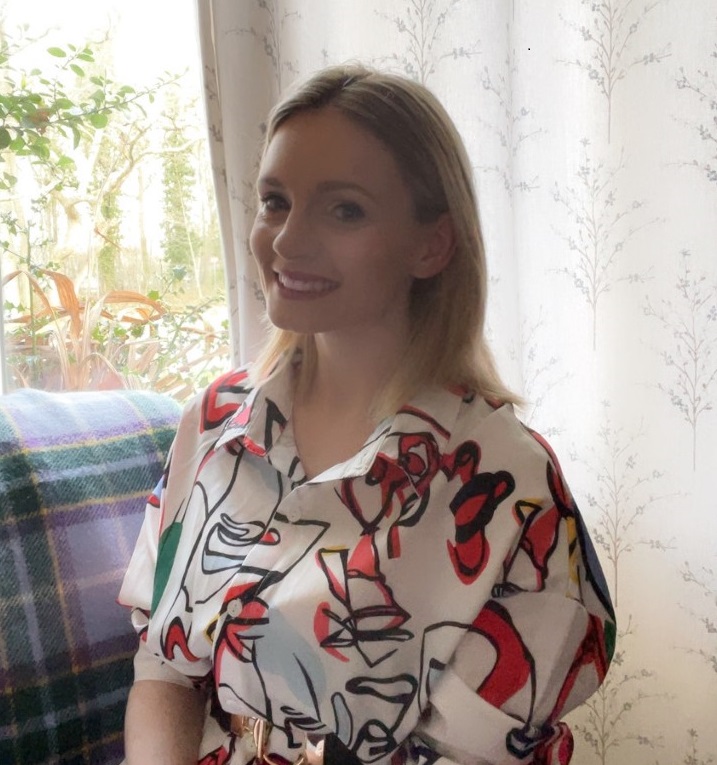Close
- About Us
- Programme
- How to Apply
February 2022

The most interesting part of my experience at the primary school was observing the way the English Curriculum is taught. In my opinion, based on these observations, there is a mismatch in expectations between primary and secondary schools. At primary level, students are taught to deconstruct language, like a science. Students learn to identify modal verbs, fronted adverbials etc. At Secondary level this language is rarely used, which must make students wonder WHY they bother learning it at all. Instead, at secondary school, we seem to expect them to use these things to create diverse and interesting pieces of writing without referring back to their previous learning. At secondary school, learning in English is significantly more about focusing on analysis and effect. Whilst these types of learning do build into each other, it seems there is a lack of continuity in places.
I am encouraged by this experience to build in retrieval of primary learning to my lessons from the very beginning of year seven, as I believe that by the time students reach year eight most have now forgotten what they learned at primary. I have observed this by asking my classes to recall information through questions like: ‘what is a verb?’ or ‘can you give me an example of a proper noun?’. Perhaps this language could be built into classroom displays so that we have a constant reference to it even when it is not explicitly part of precise learning points.
It is interesting to observe that whilst the structure of the school day is very different, the pedagogy remains similar. I observed a process of: retrieval, small steps, independent practice. This is a formula embedded in my mind for Secondary teaching, and which evidently is used at primary level also. I observed some students who had needs for which they needed a differentiated approach from the teacher or alternative equipment. For instance, one boy sits on a bouncy exercise ball rather than a chair, others have exercise books of different coloured paper. I would suggest that the transition to secondary school could be harder for these students since I notice that more effort is made to differentiate per student than is perhaps possible, practical and achievable at secondary level. Although, I do wonder why at neither of the secondary schools I have worked at, coloured exercise books could not be offered under a SEN budget. At primary level, teachers know their students very well, and this has a positive impact on learning. It is harder to this in secondary school when some teachers teach hundreds of children, rather than a class of twenty four.
I had an opportunity to discuss the English curriculum with the curriculum lead at the primary school and she told me that if a child is not joining up their handwriting at year five and six, they would be graded as approaching expectations rather than meeting, even if the content is exceeding expectations. This surprises me since at secondary school teachers are happy as long as we can read it and would much rather a printed thoughtful answer than a cursive basic answer. There is also no expectation that students submit exam answers in any particular style of handwriting when they take their GCSE exams. Students must find this very confusing at secondary school, and it seems like a lot of potentially wasted time at primary school to encourage cursive. The English curriculum lead shared my frustrations on this matter; an hour is spent each week specifically teaching handwriting, even to children whose writing is already more than readable.
Overall, the experience was invaluable. I feel it has given me an insight into the expectations students have of their learning and of schools before they come to secondary school. It was great to be able to visit year five and six classes; spending time with two year groups meant that I was able to maximise the time I spent observing English Curriculum being taught. What a fabulous experience, and I am disappointed not to be able to spend my third day with the school because of the weather conditions and school closure.
Grace Durber – English Apprentice
Share article